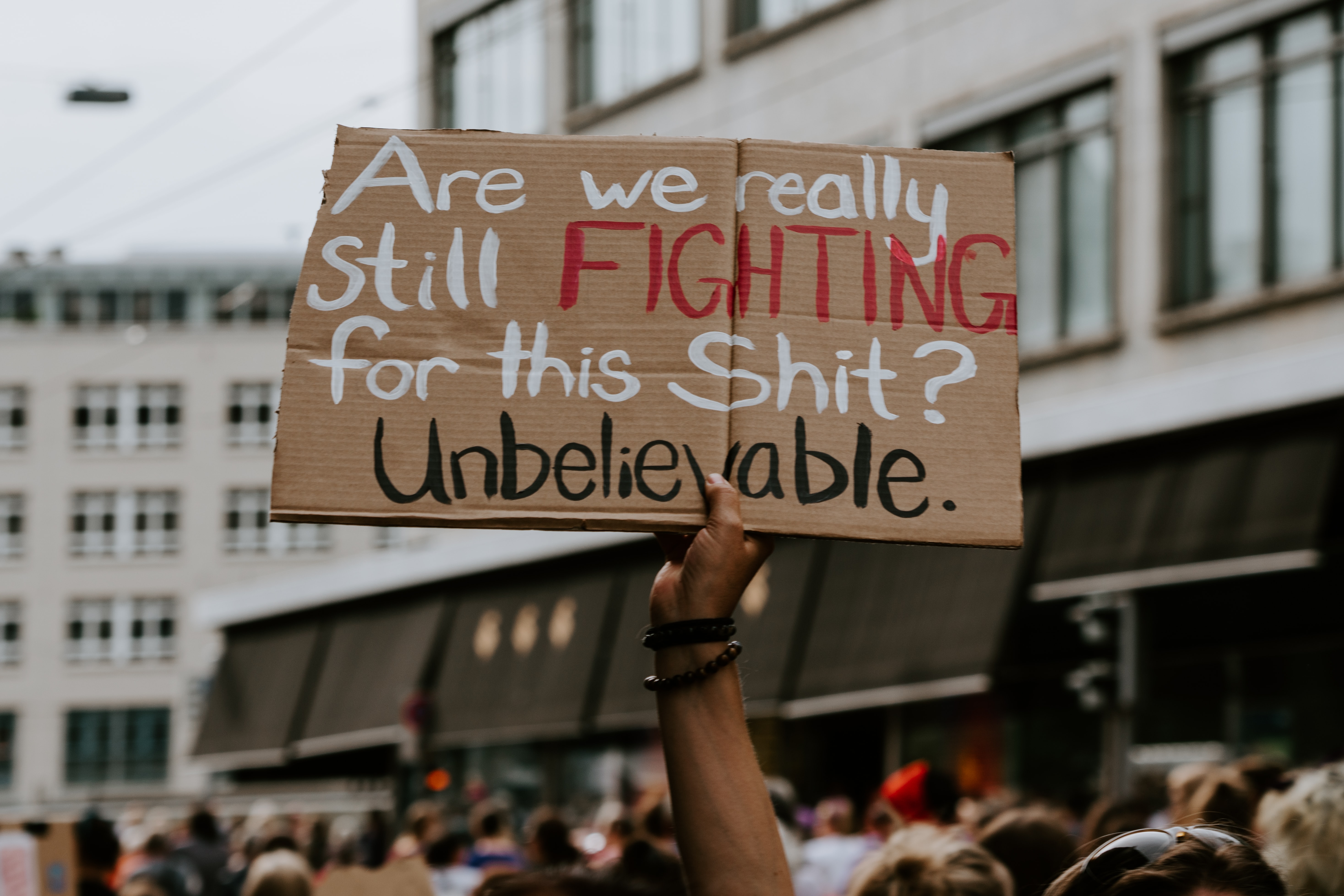Over many years of personal and professional development, I have come across the idea of Imposter Syndrome as something that continues to hold women back. I have felt it; most women I know have felt it; some men say they have felt it too, but I have always largely considered it to be a problem within women. Something that needs fixing, a flaw that can hold us back if we don’t sort it out.
How startling it is to suddenly confront my own fixed biases; ideas and beliefs so deeply rooted that I don’t even recognise that they are part of a story that has been woven throughout my life. A story of my own unacknowledged and unnoticed whiteness; a story of the patriarchy that I am truly a product and a part of.
This article on Imposter Syndrome has made me literally stop in my tracks, and look at the issue with fresh eyes.
““Imposter syndrome,” or doubting your abilities and feeling like a fraud at work, is a diagnosis often given to women. But the fact that it’s considered a diagnosis at all is problematic. The concept, whose development in the ‘70s excluded the effects of systemic racism, classism, xenophobia, and other biases, took a fairly universal feeling of discomfort, second-guessing, and mild anxiety in the workplace and pathologized it, especially for women. The answer to overcoming imposter syndrome is not to fix individuals, but to create an environment that fosters a number of different leadership styles and where diversity of racial, ethnic, and gender identities is viewed as just as professional as the current model.”

Maybe my feeling that I don’t deserve success; that I don’t really belong; that my ideas don’t fit with the culture within the workplace; maybe all along, these weren’t internal feelings at all. Looking back, these were ideas reinforced by the people I was working with – often on a subconscious level, hinted at – but sometimes said out loud. Like when I would routinely challenge the older, white male colleague for his blatant racist remarks directed at the children in our care. His response was to call me a ‘Stupid woman’, in front of the pupils; he would openly sneer at my ‘wishy washy liberal’ values; he would goad me and taunt me. I left, and went to work elsewhere.
What did I take with me though? Further evidence that I was not worthy of success within that culture. My ideas were unacceptable – even though this was directly contradicted by a focus on diversity and inclusion which said that he was wrong, and I was right – the cognitive dissonance confusing and disorienting, further adding to my feelings of anxiety and discomfort.
“Although feelings of uncertainty are an expected and normal part of professional life, women who experience them are deemed to suffer from imposter syndrome. Even if women demonstrate strength, ambition, and resilience, our daily battles with microaggressions, especially expectations and assumptions formed by stereotypes and racism, often push us down. Imposter syndrome as a concept fails to capture this dynamic and puts the onus on women to deal with the effects. Workplaces remain misdirected toward seeking individual solutions for issues disproportionately caused by systems of discrimination and abuses of power.“
Maybe, this isn’t our problem to resolve at all, as individuals.

